BEIJING, December 13 (TMTPOST) -- Xenobot, the world’s first living robot, can now replicate themselves, U.S. scientists said.
The organic robot named Xenobot was made in lab by assembling stem cells from frogs in a Petri dish, which was first announced in 2020. According to the research team, Xenobot is a programmable organism that can be used for performing useful functions like finding cancer cells in the human body or trapping harmful microplastics in the ocean.
"They"re neither a traditional robot nor a known species of animal. It"s a new class of artifact: a living, programmable organism," one of the researchers said.
The research team has provided an update on the research process by releasing the description of their Xenobots 3.0, an updated version of the organic robot that is said to be able to replicate themselves. The research team describes it as “an entirely new form of biological reproduction”.
The discovery was detailed by the team in a paper published on November 29, 2021 in the Proceedings of the National Academy of Sciences.
It is observed that Xenobots can swim out and find single cells, gather hundreds of them together, and assemble “baby” Xenobots using their Pac-Man-shaped “mouth”. The “baby” Xenobots then become new Xenobots that look and behave just like other Xenobots.
These collection of living cells can do many things, such as helping to deliver medicine in the human body, Michael Levin, a professor of biology at Tufts University and associate faculty member at the Wyss Institute at Harvard University and the co-author of the research paper said in an interview with TMTPost.
“We"re talking about birth defects, traumatic injury, aging, cancer, disease, all of these things could be addressed in really radical way, much more definitively than is being addressed,” Levin said.
The self-replicating nature of Xenobots also raises ethical concerns. But the research team has clarified that Xenobots can survive without any external food supply for only 10 to 14 days because they are loaded with energy from the egg. After 14 days, these cells will start to fall apart and therefore they are not capable of propagating without outside help. Xenobots’ self-replication only lasted for one to two generations.
关键词: English
















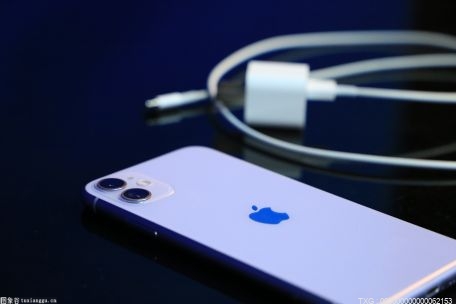
















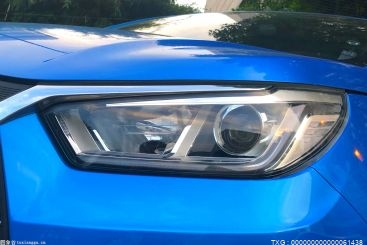














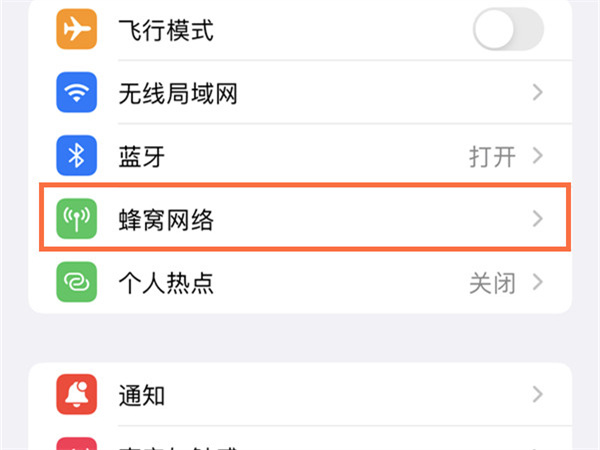




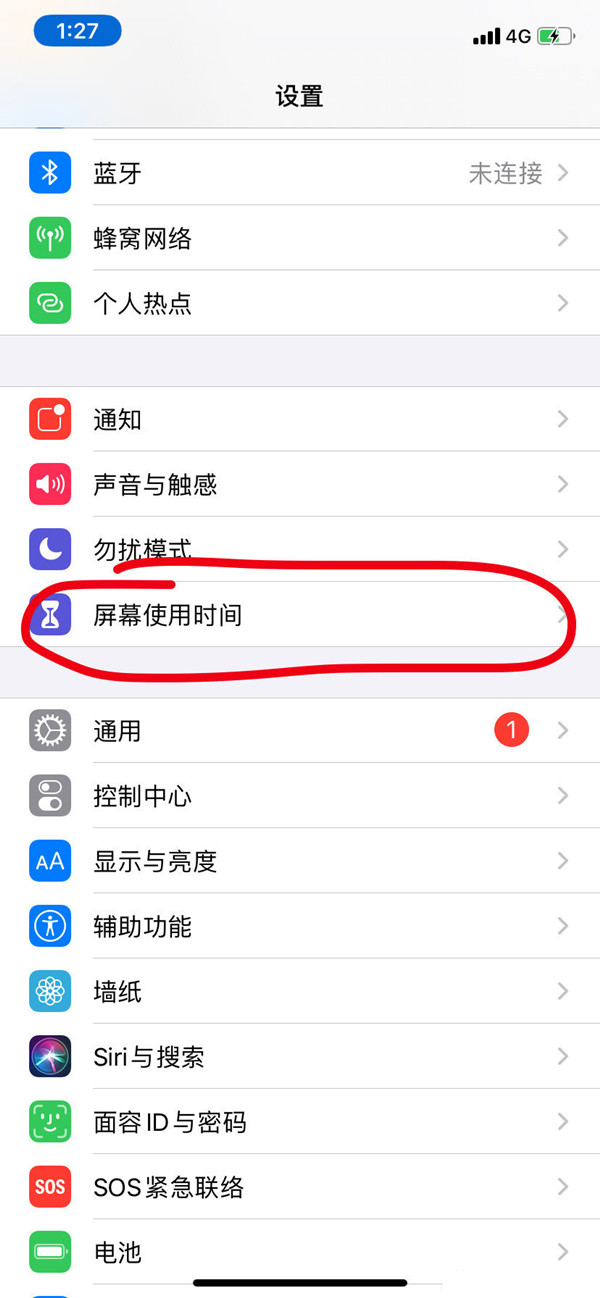



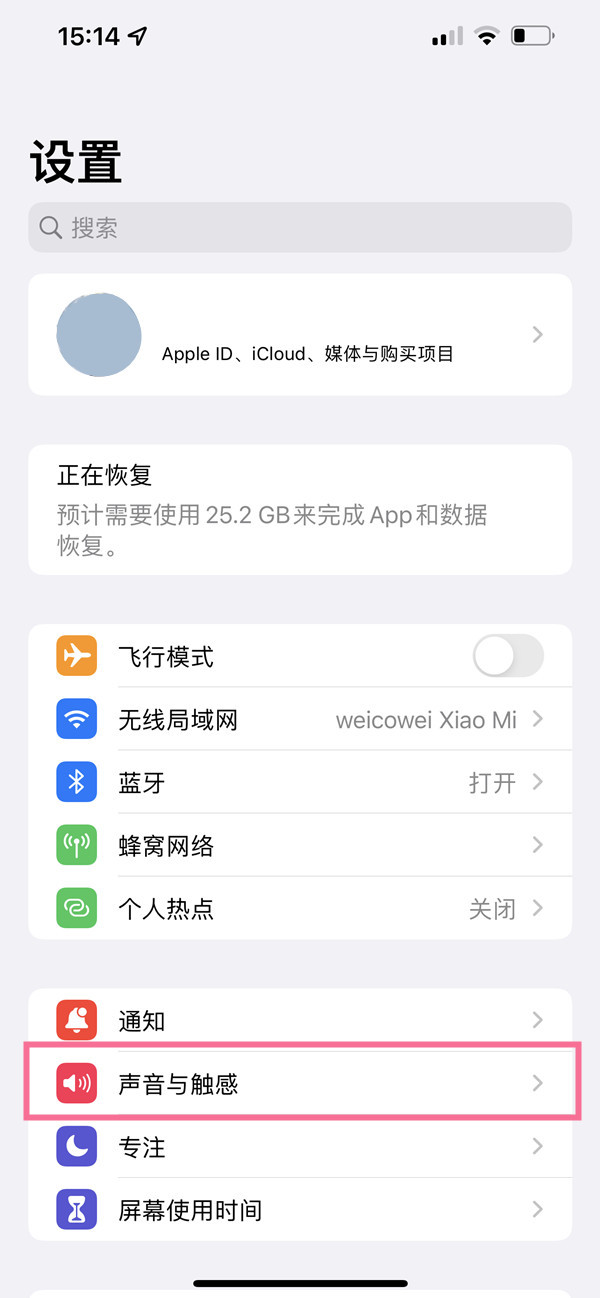
 营业执照公示信息
营业执照公示信息